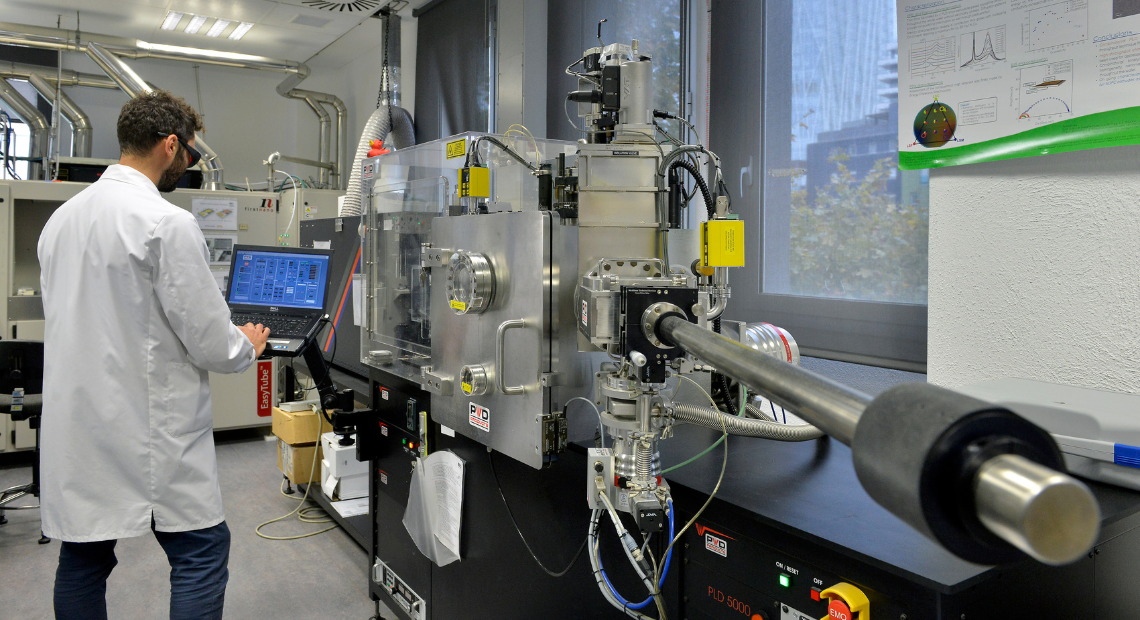AfreeSSB is an M-ERA.net funded project that stands for “Anode-free all-solid-state batteries: From thin film to bulk“. The project starts this October 2022 at IREC.
AfreeSSB aims to develop solid-state batteries (SSBs) with power densities >1000 W/L and energy densities >800 Wh/L, combined with fast charging and discharging, deep discharge cycles, long cycle life, and safe operation in a wide temperature range. Potential applications for these batteries include high-end and mobile applications such as drones, robots, aerospace, and urban mobility.
Selected innovation objectives are:
- To develop anode-free thin-film SSBs with high power densities,
- to transfer the anode-free concept to bulk cathodes for high energy densities,
- to develop operando characterisation methods, and
- to demonstrate theSSB performance in an operational environment.
The expected impacts include:
- SSBs for industrial Internet of Things that require safe operation in a wide temperature range,
- new software and measurement hardware products for battery testing, and
- the roll-to-roll fabrication of carbon-coated current collectors for anode-free SSBs.
The project has a total budget of 1.7M€ and will run for 2 years. The consortium is formed by 6 European partners including 3 research institutes (Empa, the coordinator of the project; IREC and Forschungszentrum Jülich GmbH) and 3 companies (Fluxim AG, AEInnova SL and Aixtron SE)
IREC will participate in the generation of different components of the thin-film cells by large-area PLD and direct inject printing, while it has a main role in the characterisation of the components and devices produced in the AfreeSSB project. This action is led by Alex Morata from the Nanoionics and Fuel Cells group at IREC.
This project (PCI2022-132960) has received funding from MCIN/AEI/10.13039/501100011033 and the European Union “NextGenerationEU”/PRTR”.




